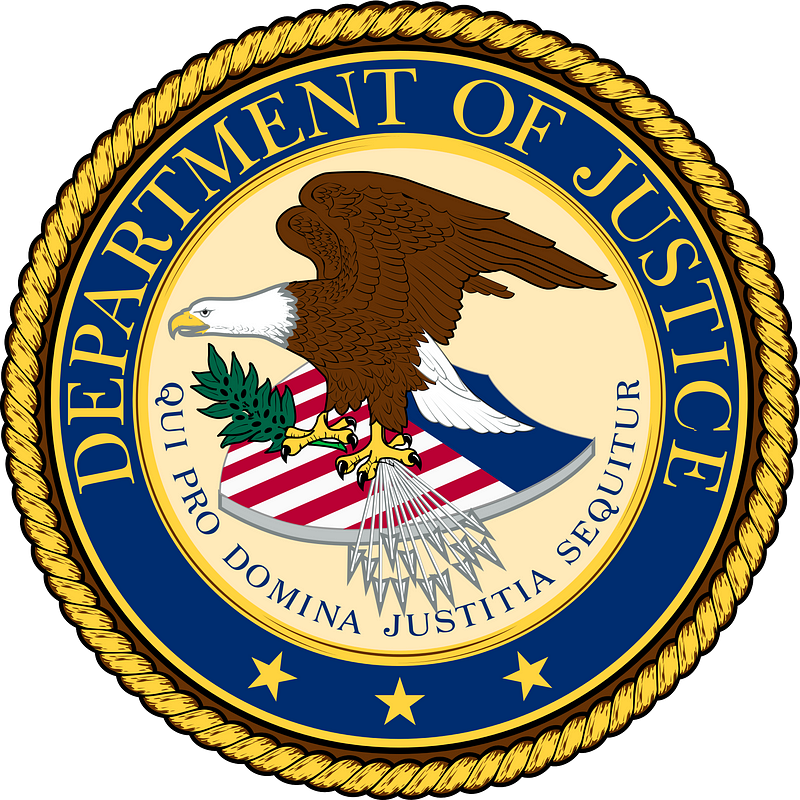
On April 9, the higher education industry news site
Inside HigherEd
broke the story that the U.S. Department of Justice (DOJ) was opening an investigation into the early-decision admissions processes employed by many colleges and universities in the United States. Specifically, the DOJ has expressed concerns that certain aspects of early-decision admission have violated federal antitrust laws through the sharing of information about accepted applicants.
The Department of Justice sent out a letter to several colleges and universities last week. The letter, which was reviewed by
Inside HigherEd
, the
Wall Street Journal
and
New York Times
, did not specify how the communications between colleges violate antitrust trust laws, but did provide an extensive list on the communications that the DOJ is requesting colleges maintain. In sum, the DOJ requested that the institutions that received the letter keep nearly all internal documents regarding admissions decisions, as well as any communications with other colleges and early-decision applicants.
While it is currently unclear exactly how many colleges and universities received a letter from the DOJ, Hamilton College’s Associate Vice President for Communications Mike Debraggio confirmed that Hamilton was one of the institutions that received a letter. In an email to
The Spectator
following a request for comment, Debraggio wrote that “I can confirm that Hamilton was one of the colleges that received a letter from the Department of Justice and that we will cooperate fully.” Amherst College, a peer institution, has also confirmed to New York Times that they were one of the schools who received a letter from the Department of Justice.
Amherst’s Dean of Admissions told U.S. News in 2016 that the college shared lists of early-decision admitted students with about 30 other schools. What exactly the DOJ suspects schools of doing with this shared information is unclear. In an interview with the
New York Times
, Terry Hartle, the senior vice president of the American Council on Education, expressed surprise at the DOJ’s investigation.
This is not the first time that DOJ has investigated whether college admissions practices have violated antitrust laws. In 1989, the DOJ began an investigation into meetings consisting of the eight Ivy League institutions and the Massachusetts Institute of Technology to coordinate tuition levels and financial aid packages for admitted students. The investigation was expanded to fifty-seven institutions, and in 1991, the DOJ filed an antitrust suit under the Sherman Act.
While the Ivy League universities settled, M.I.T. prevailed in 1994 when the DOJ settled the case favorably with them. Ultimately, in 1994, Congress passed Improving America’s School Act, which exempted private institutions from violating antitrust law should they share pre-award data of commonly admitted financial aid students.
The investigation also occurs a mere three months after an investigation into the ethics code of the National Association for College Admissions Counseling. The DOJ sent information requests to members of the NACAC who were instrumental in drafting the code of ethics. The DOJ letters to the NACAC claimed the investigation was “to restrain trade among colleges and universities in the recruitment of students.” However, it is unclear whether the investigations related in any capacity. On April 9, David Burge, the President of the NACAC, wrote in an email to members of NACAC that “We have no reason to believe that this new inquiry is connected to the Justice Department’s recent requests for information about our Statement of Principles of Good Practice: NACAC’s Code of Ethics and Professional Practices.”
While Debraggio concluded his email by saying that “That’s all we can say at this point,”
The Spectator
will continue to uncover this unfolding story as further details emerge.

















